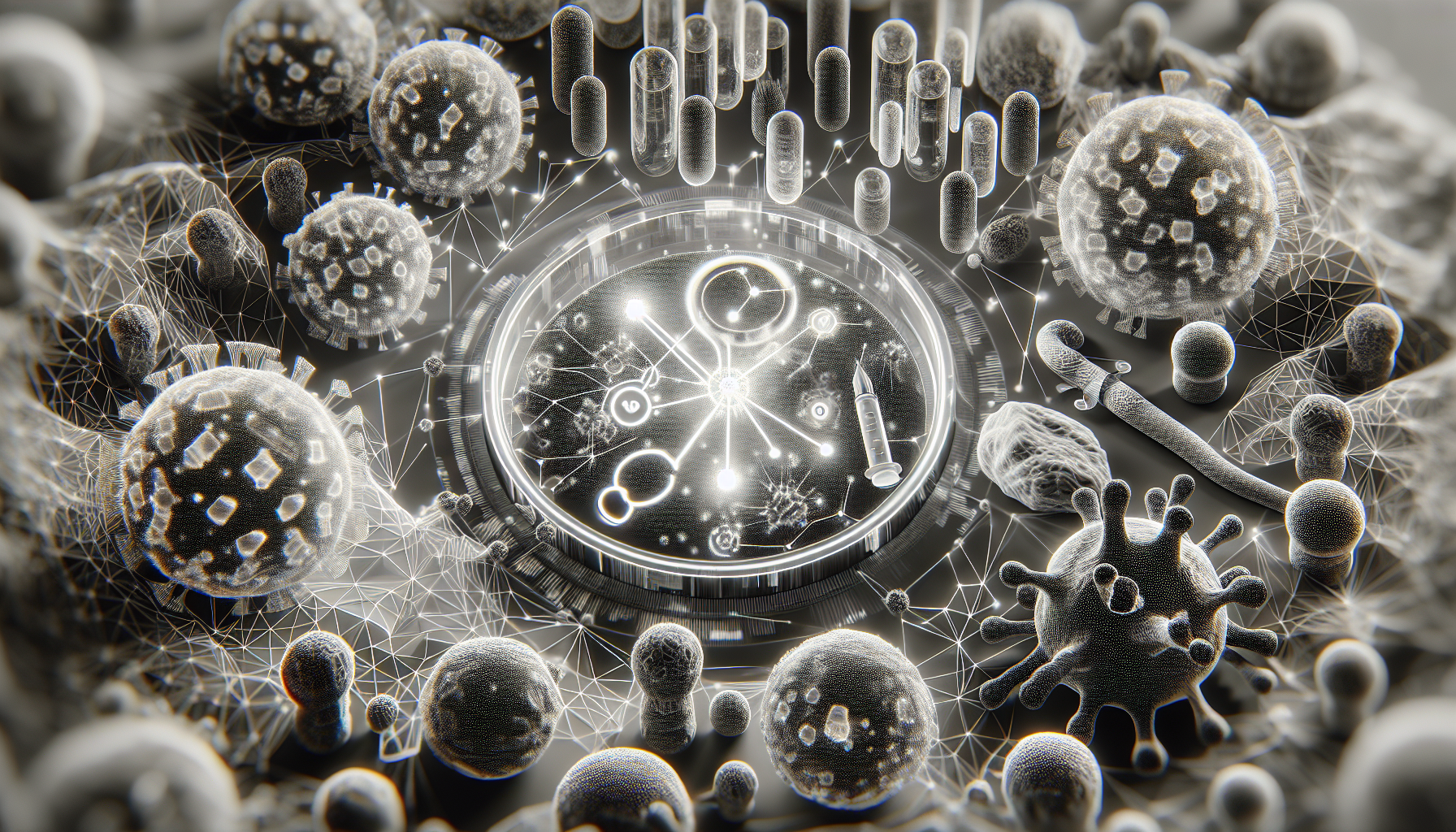AI-Powered Cancer Breakthrough: Precision Immunotherapy
Imagine a world where cancer treatment is as precise as a lock and key-where immune cells are trained to hunt down only the bad actors, leaving healthy cells untouched. That world is closer than ever, thanks to a new AI-driven system that's rewriting the rules of cancer immunotherapy. If you or someone you love has ever faced the uncertainty of cancer, this breakthrough could change everything you thought you knew about treatment.
The Promise of AI in Cancer Care
Traditional cancer therapies, like chemotherapy and radiation, often feel like using a sledgehammer to crack a nut. They can be effective, but the collateral damage to healthy tissue is a heavy price to pay. Immunotherapy, which harnesses the body's own immune system to fight cancer, has been a game-changer. Yet, even this approach sometimes struggles with precision, occasionally mistaking healthy cells for threats.
Enter artificial intelligence. On July 24, 2025, researchers announced a system that uses AI to design protein "keys" that fit the unique "locks" on cancer cells. These keys train immune cells to recognize and attack only the malignant cells, sparing the healthy ones. The result? A smarter, more targeted attack on cancer, with fewer side effects and greater potential for success.
How the Technology Works
At the heart of this innovation is a deep-learning model trained on vast datasets of biological and genetic information. The AI analyzes the unique markers on cancer cells and then designs custom proteins that can activate a patient's immune cells to seek out those markers. Think of it as programming a search dog to sniff out only one specific scent in a crowded room.
What once took months of painstaking lab work can now be accomplished in minutes. The AI sifts through millions of possible protein structures, selecting those most likely to bind to cancer cells and trigger an immune response. Early studies suggest this approach can boost the effectiveness of existing immunotherapies by up to 30 percent-a leap that could benefit millions worldwide.
Real-World Impact and Patient Stories
For patients, the difference is more than just numbers. Consider the story of a young woman with an aggressive form of lymphoma. Traditional treatments left her exhausted and vulnerable to infections. When she joined a clinical trial using AI-designed protein keys, her immune system responded with laser-like focus. Her tumor shrank, and her side effects were minimal. While her journey is just one example, it hints at the transformative potential of this technology.
The global cancer immunotherapy market, valued at over $91 billion in 2024, is poised for rapid growth as AI-driven solutions become more mainstream. Hospitals and research centers are already racing to integrate these tools, hoping to offer patients more personalized and effective care.
Challenges and the Road Ahead
Of course, no breakthrough comes without hurdles. Experts caution that while the early results are promising, large-scale clinical trials are needed to confirm safety and effectiveness across different cancer types. There are also concerns about accessibility. Advanced treatments often come with high price tags and may be out of reach for patients in low-resource settings.
Yet, there is optimism that AI's ability to streamline the development process will eventually drive down costs. By automating the design of protein keys, researchers can bring new therapies to market faster and more affordably. The hope is that, in time, precision immunotherapy will become a standard option for patients everywhere, not just those at elite medical centers.
A New Era in Cancer Treatment
The fusion of AI and immunotherapy marks a turning point in the fight against cancer. It's a story of science catching up to imagination, of technology empowering doctors to offer hope where there was once only uncertainty. As researchers continue to refine these tools, the dream of truly personalized, side-effect-free cancer care inches closer to reality.
The next time you hear about artificial intelligence, remember: it's not just about robots or chatbots. Sometimes, it's about giving a patient a second chance-and that's a future worth believing in.
